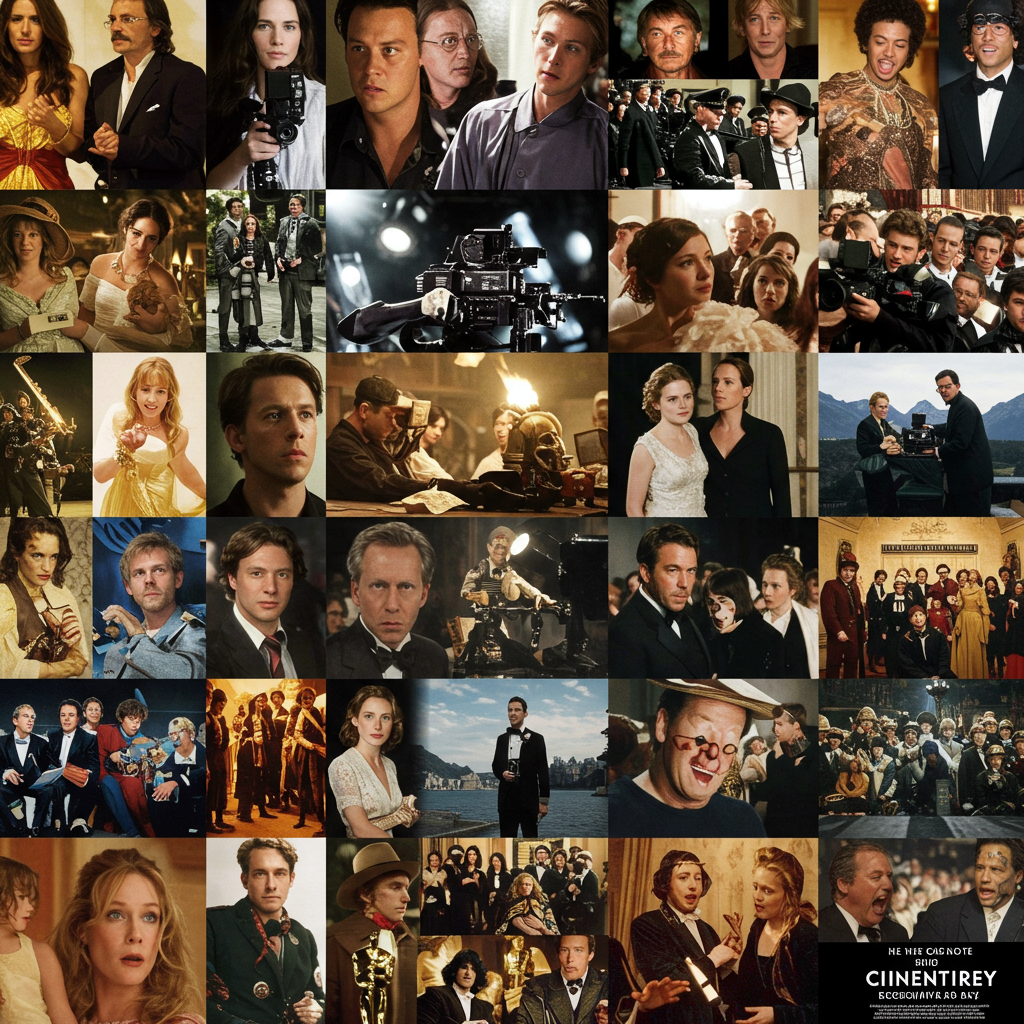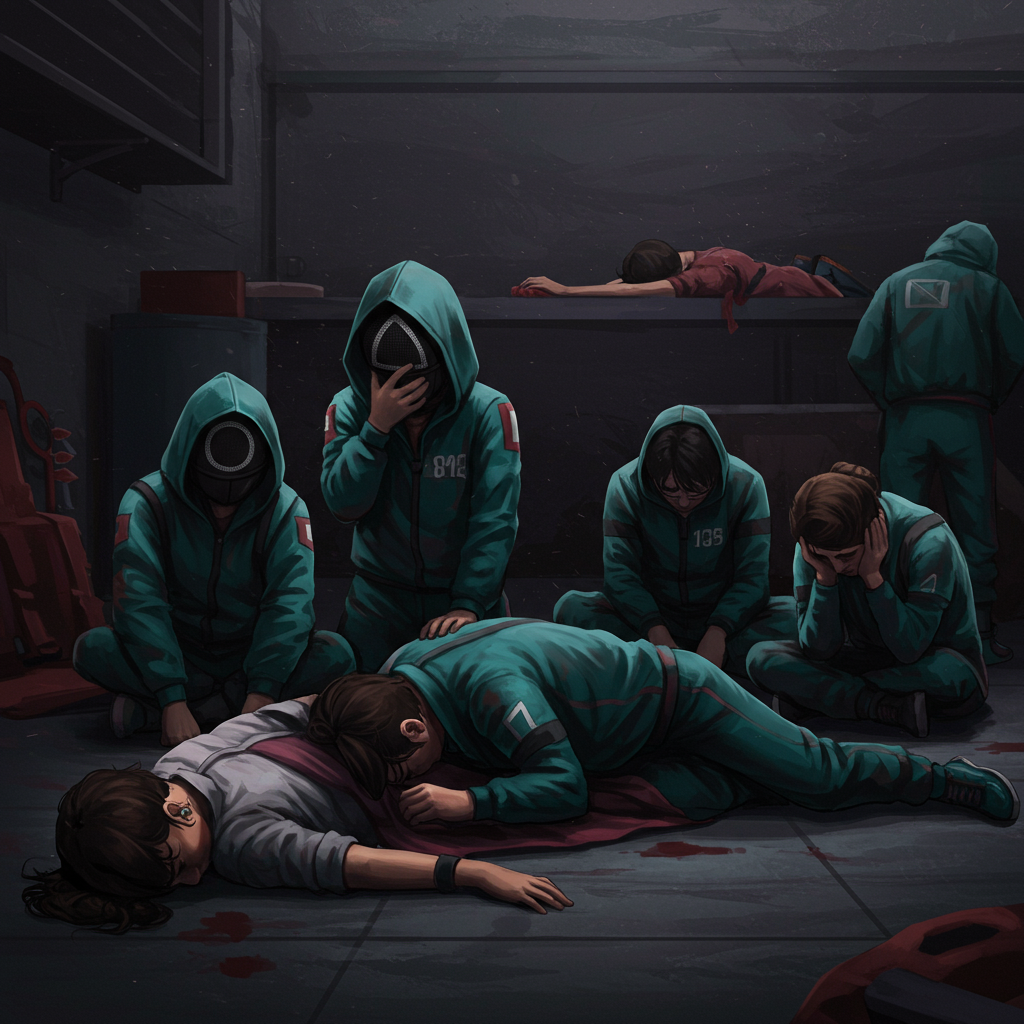A significant controversy has erupted following the BBC’s live streaming of Bob Vylan’s performance at the recent glastonbury Festival. The punk duo’s set included a specific chant that drew widespread criticism and led to apologies from the broadcaster’s top leadership. The BBC has since admitted major errors in judgment regarding the handling of the live feed and is implementing immediate policy changes.
Bob Vylan’s Controversial Glastonbury Set
During their Saturday performance at the iconic festival, the rap-punk act Bob Vylan led a chant of “death, death to the IDF.” This refers to the Israel Defence Forces. The controversial moment was included in the live stream broadcast by the BBC via its iPlayer service. The feed remained accessible for several hours, allowing viewers to rewind and witness the contentious segment.
The incident sparked immediate and significant backlash. Critics included the UK’s Chief Rabbi Sir Ephraim Mirvis, who labelled the content “vile Jew hate.” Media regulator Ofcom also stated the BBC had “questions to answer” regarding the broadcast.
BBC Deemed Duo ‘High Risk’ Prior to Performance
The BBC has confirmed that it had actually identified Bob Vylan as “high risk” before their Glastonbury appearance. This determination was made as part of a standard risk assessment process applied to all performers at the festival. Six other acts were also placed in this high-risk category.
According to the broadcaster, all seven acts were initially deemed suitable for live streaming. This was contingent on the implementation of “appropriate mitigations.” The BBC had planned to manage potential issues in real-time. This involved using language or content warnings on the live stream without employing a delay.
Editorial Failure and Apologies Issued
This real-time mitigation strategy proved critically flawed during the Bob Vylan set. While the live stream was being monitored according to agreed protocols, issues were escalated by the monitoring team. Warnings appeared on the stream on two separate occasions during the performance. However, the editorial team on duty made the decision not to cut the live feed. The BBC has since unequivocally called this decision an “error of judgement.”
Director General Tim Davie, who was present at Glastonbury on the day, was later informed of the incident. He immediately instructed staff that none of the controversial performance should be made available in further coverage. The team on duty prioritized preventing the set from being uploaded for on-demand viewing on platforms like iPlayer or BBC Sounds. Despite this, the live stream itself remained active and viewable for over four hours.
Both the Director General and the BBC Chairman have issued public apologies. Tim Davie expressed “deep regret that such offensive and deplorable behaviour appeared on the BBC.” He specifically offered an apology to the broadcaster’s viewers, listeners, and particularly the Jewish community. Chairman Samir Shah echoed this sentiment. He apologised for allowing the artist to express “unconscionable anti-semitic views live on the BBC.” Shah reiterated that the decision not to pull the feed was “unquestionably an error of judgement.” He also noted Davie’s swift action upon becoming aware of the situation.
Accountability and Policy Changes at the BBC
In the wake of the controversy, the BBC is taking action to ensure “proper accountability” for those responsible for the failings. The corporation has confirmed that a number of staff members from the music and live events team have been moved from their regular duties. Further comment on these internal processes is being withheld at this time.
Culture Secretary Lisa Nandy added significant pressure. Speaking in the House of Commons, she demanded further answers from the BBC. Her questions focused on the corporation’s due diligence processes, the level of senior oversight involved, and the reasons for the delay in pulling the live feed. Nandy stated that, given the seriousness of the incident and its impact on the Jewish community, she would expect accountability “at the highest levels” of the BBC. She went further, telling Sky News that the multiple “editorial failures” suggested a “problem of leadership” within the organization.
Glastonbury organiser Emily Eavis also publicly criticized the performance. She stated that the chants had “crossed a line.” Eavis affirmed there was no place at the festival for “antisemitism, hate speech or incitement to violence.”
Significantly, the BBC has announced immediate changes to its live streaming policy for music events. Moving forward, any performance deemed “high risk” by the BBC will no longer be broadcast live or streamed live.
Consequences for Bob Vylan
The fallout from the Glastonbury set has extended beyond the BBC. Bob Vylan has faced several booking cancellations since the festival. These include appearances at music festivals in Manchester and France, as well as a planned slot in Germany. The band has also reportedly had their US visas revoked and been dropped by their US representative agency.
In response to these cancellations, the band initially reiterated their stance. They told followers, “Silence is not an option. We will be fine, the people of Palestine are hurting.”
Later, Bob Vylan issued a statement clarifying their position. They asserted, “We are not for the death of Jews, Arabs or any other race or group of people. We are for the dismantling of a violent military machine.” They also suggested that they, like others in the spotlight before them, were “not the story.” Instead, they claimed they were “a distraction from the story,” arguing that any sanctions they received would also be a distraction.
During the Glastonbury set, the band’s singer, Bobby Vylan (Pascal Robinson-Foster), also spoke critically about a former record label boss. He described this boss as speaking “very strongly about his support for Israel.” The singer noted that this individual had signed a letter urging Glastonbury to cancel the appearance of Irish-language rap trio Kneecap. Bobby Vylan then stated he had worked for “[expletive] Zionists.”
Police Investigations Launched
Adding another layer of complexity, Bob Vylan’s Glastonbury comments are now subject to criminal investigation. Avon and Somerset Police have launched an inquiry specifically into their performance. They confirmed the investigation is evidence-led and will consider all appropriate legislation, including hate crime laws, after reviewing footage and receiving significant public contact.
Furthermore, London’s Metropolitan Police are also investigating comments allegedly made by the band during a concert at Alexandra Palace in May.
While the controversy primarily centers on Bob Vylan, the Irish trio Kneecap also drew scrutiny at Glastonbury. One member of Kneecap faces a separate terror charge related to an alleged display of a flag supporting Hezbollah at a previous event. Although Glastonbury organisers kept Kneecap on the bill despite calls for their removal, the BBC chose not to stream their set live, later providing an edited version on demand. Avon and Somerset Police confirmed their criminal investigation includes the performances of both Bob Vylan and Kneecap.
The incident highlights the delicate balance faced by broadcasters covering live events. They must navigate the complexities of artistic expression against regulatory requirements and public sensitivities, particularly concerning highly charged geopolitical topics. The BBC’s policy changes underscore the significant impact of this single controversial moment on their future live coverage decisions.
Frequently Asked Questions
What was the specific controversy involving Bob Vylan at Glastonbury?
The controversy surrounds Bob Vylan’s performance at the 2024 Glastonbury Festival. During their set, which was live-streamed by the BBC on iPlayer, the band led a chant of “death, death to the IDF,” referring to the Israel Defence Forces. This chant, along with other comments made by the band, sparked significant criticism, particularly from figures like the UK’s Chief Rabbi, who labelled the remarks antisemitic.
What actions has the BBC taken following the Bob Vylan Glastonbury incident?
The BBC has issued multiple apologies from its Director General and Chairman, admitting that not cutting the live stream was an “error of judgement.” They have also taken steps towards accountability, moving several music and live events staff from their day-to-day duties. Crucially, the BBC has announced a new policy: any music performance deemed “high risk” will no longer be broadcast or streamed live in the future.
What are the potential legal consequences Bob Vylan faces after their performance?
Following their Glastonbury set, Bob Vylan’s comments are now subject to criminal investigation by Avon and Somerset Police. This investigation is reviewing video and audio footage and will consider hate crime legislation. Additionally, London’s Metropolitan Police are also investigating comments the band allegedly made during a concert in May. These investigations could potentially lead to legal charges related to public order or hate speech.
The Bob Vylan incident at Glastonbury has prompted a significant internal review and policy shift at the BBC. The fallout demonstrates the intense scrutiny faced by broadcasters covering live performances that touch upon sensitive political issues. As investigations continue and the BBC implements its new strategy, the event serves as a stark reminder of the challenges inherent in balancing live coverage with editorial responsibility and public accountability.
Word Count Check: 1064



